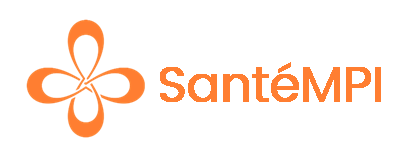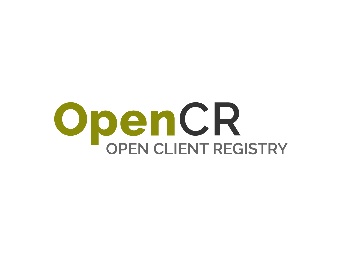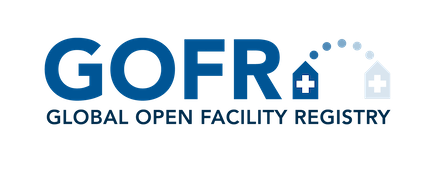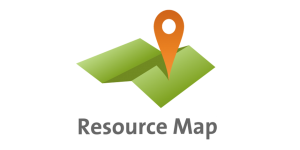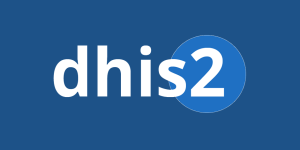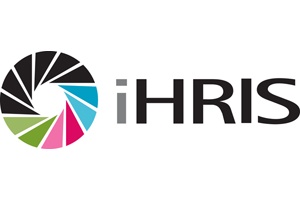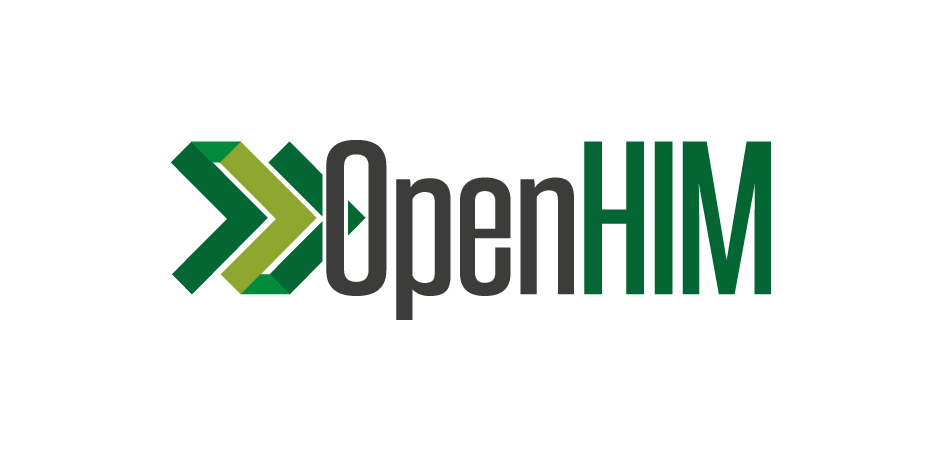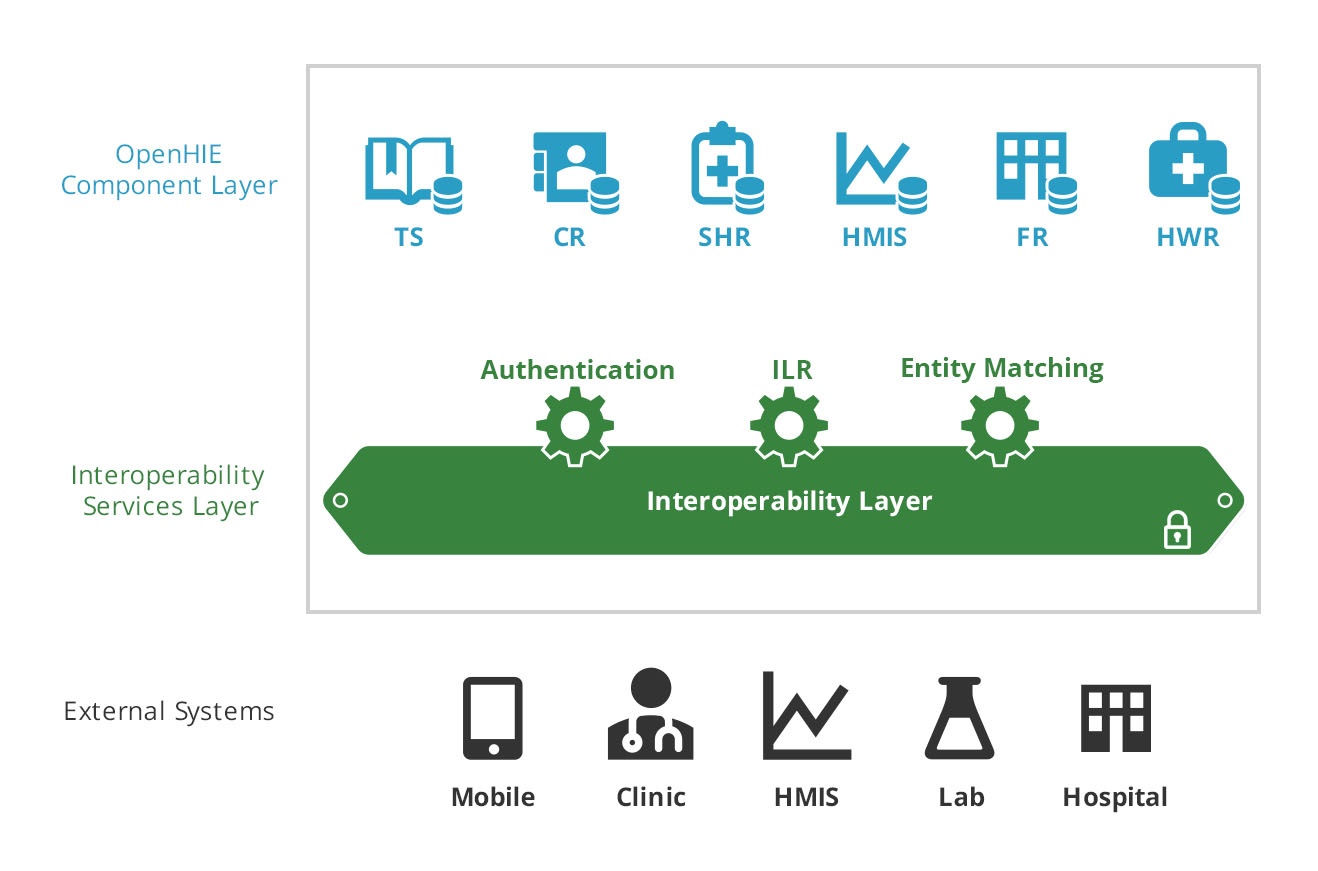| More than 20 countries |
|
| Interoperability Layer, Workflow/Automation Engine | | Github: OpenFn/Lightning OpenFn & Lightning Documentation site
OpenFn Community
| 2014
(Lightning release: 2022) | The OpenFn Integration Toolkit is a suite of open-source technologies that are used to integrate systems and automate business processes, enabling interoperability and secure workflow automation. From simple audit-trail generation to complex, multi-step workflows, OpenFn can orchestrate, automate, and translate communications between any and all information systems in a federated health information systems architecture. OpenFn is a recognized Digital Public Good and Digital Health Global Good. OpenFn/Lightning is a the latest extension to the OpenFn DPG–a fully open source workflow automation platform. Currently in alpha and to be released in Q4 2022) Lightning provides a secure, user-friendly, and fully open-source web application to build, run and monitor/audit workflows all in one place. It is designed for governments or NGOs who need a flexible solution which enables them to integrate and connect any system and comes with fully-fledged user management and auditing capabilities. Lightning relies on the same tried-and-trusted core technology as the OpenFn Toolkit and iPaaS (in use since 2014) and comes with an improved, visual interface for building integrations. It is also compatible with OpenFn's 60+ adaptors, which are open-source modules for connecting with any REST API, databases, and commonly used apps in public health (incl. CommCare, DHIS2, and more). N.B. OpenFn.org also provides an enterprise integration platform-as-as-service (with a free tier) for users that do not have the in-house devops and IT-security capacity to self-host. Implementations are portable, and can be shifted between SaaS and open source variants at any time. | 5 continents | Lightning Demo
What is OpenFn?
|
| Interoperability Service | Entity Matching Service |
| 2017 | The purpose of the Entity Matching Service is to enable matching in a single list of patients, health workers, facilities or other entities or to find potential matches between two lists of the same entities. |
|
|
| Point-of-Service | 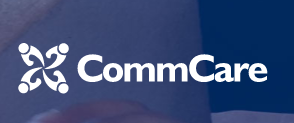 Image Added Image Added
| CommCare | 2022 | CommCare allows you to build custom solutions without compromising on the unique needs of your team.
Whether you’re evaluating a program or supporting frontline workers, CommCare can help. CommCare allows you to: - Track data
- Work offline
- Empower end-users
- Start small and scale
| 2,000 projects across 80 countries | Demo Demo |
| Point-of-Service (Electronic Medical Record) | 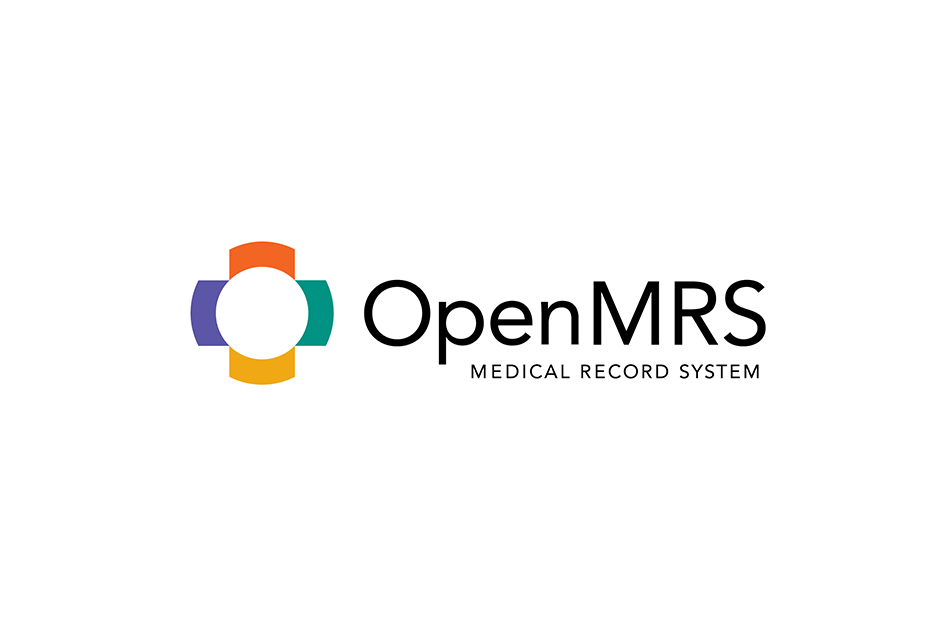 Image Added Image Added
| OpenMRS - GitHub Download from Website Product Dashboard (links to evolving initiatives' repos) | 2022 | Open Medical Record System (OpenMRS) is a collaborative open-source project to develop software to support the delivery of health care in developing countries. OpenMRS provides an electronic medical record platform that allows a number of add-on modules to help OpenMRS function better for you. | >40 Countries Map: Where we are | 1-min Intro video Global Goods Demo New: OpenMRS 3 Demo |
| Biometric Identity Management |  Image Added Image Added
| Website | 2021 | The Simprints solution empowers organizations with the tools to overcome data challenges to: reach more beneficiaries, overcome data challenges, and create greater impact. We integrate biometrics into your existing mobile tools and workflow
By streamlining the Simprints system integration and operations, our tools help frontline workers focus on what matters most: delivering essential services for impact. |
| Background Demo |
| Point-of-Service (Laboratory Information System) | | SENAITE | 2017 | SENAITE is an Open Source and web-based Laboratory Information Management System (LIMS) for enterprise environments, especially focused to behave with excellent performance and stability. The complexity and power of the LIMS works under a modern, intuitive and friendly UI that displays only the data you want to need to see. SENAITE is the brand for a group of Open Source solutions and the community supporting it. SENAITE includes the development of open source web-based LIMS applications and extensions, each geared towards different types of laboratories. |
|
|
| Point-of-Service (Laboratory Information System) |  Image Added Image Added
| OpenELIS Global - GitHub |
| OpenELIS (Open Enterprise Laboratory Information System) is an advanced laboratory information system based upon the APHL (Association of Public Health Labs) guidelines for best laboratory practice and accreditation in resource-limited settings. The OpenELIS Global software serves as both a business process framework and a technical solution for managing and connecting laboratory data across devices and systems for clinical and secondary use. It is built on open source web-based technologies, and uses international standards for terminology and data exchanges. |
| Demo |
| Product Catalog (aka Registry) |  Image Added Image Added
| productcatalog.io GitLab DockerHub | 2020 | PCMT is an open-source product catalog management system that aims to connect product catalogs in order to show a clear journey from manufacturer to patient. It establishes master data that includes GS1 identifiers, global categories, and mappings to local identifiers. This enables end-to-end visibility, allows shipments to flow between systems, and helps supply chains perform. | Ethiopia, Malawi, Rwanda, Zambia, GFPVAN | Demo - 5 min Full Demo - 15 min |
| Terminology Services | 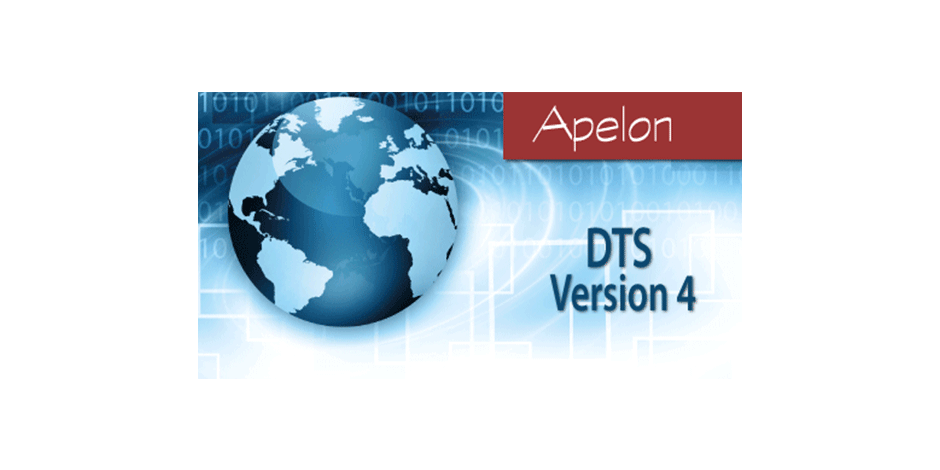 Image Added Image Added
| DTS Web site with Links to software |
| Distributed Terminology System (DTS) is an integrated set of open source components that provides comprehensive terminology services in distributed application environments, DTS interfaces implement all OHIE Terminology Services workflows and are FHIR-compliant with R4B. DTS provides access to national and international data standards, which are a necessary foundation for comparable and interoperable health information, as well as local vocabularies and mappings. Typical applications for DTS include clinical data entry, administrative review, problem list, value set, and code set management, guideline creation, decision support, and information retrieval. |
| Demo |
| Terminology Management Service |  Image Added Image Added
Open Concept Lab | OCL Terminology Service GitHub Repository
Terminology Service in OCL Online
Documentation OpenHIE Metadata Clearinghouse |
| OCL is an open-source terminology management system that operates in the cloud. A centrally hosted instance is hosted by the OpenHIE and OpenMRS communities and is available here: openconceptlab.org |
| Getting Started with OCL Demo |
| Logistics Management System |  Image Added Image Added
| openlmis.org GitHub DockerHub |
| OpenLMIS is a powerful, open source, cloud-based electronic logistics management information system (LMIS) purpose-built to manage health commodity supply chains |
|
|
Library to Create Synthetic Personal Demographic data
| Duplicate Generator | GitHub |
| The Duplicate generator is a libray to create synthetic personal demographic data such as given name, surname, date of birth and sex and introduce duplicates of those records with errors. Those data can be used to test or evaluate record linkage and deduplication algorithm. This project is a fork and an udpated version of the Freely Extensible Biomedical Record Linkage (FEBRL) dataset generator developed by Agus Pudjijono and Peter Christen in December 2008. For more detailed description please consult the website of the AUSTRALIAN NATIONAL UNIVERSITY(ANU) Department of Computer Science or see the paper: Accurate Synthetic Generation of Realistic Personal Information. In this version we upgraded the initial code to python 3.6 , added pandas, argparse and numpy, decoupled the configuration from the code and re-designed the library api to make it easy and simple to generate a customizable synthetic duplicate personal dataset. |
|
|
| point-of-care system | PocketPatientMD (PocketPatientMD.com) 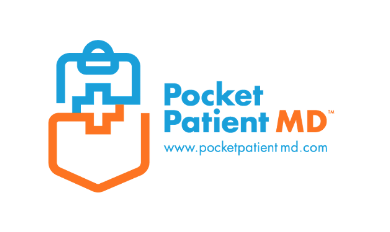 Image Added Image Added
| Website: PocketPatientMD.com | 2017-Present (New versions and updates continue to be released)
| PocketPatientMD is a digital health and electronic medical record platform focused on linking all stakeholders in the healthcare ecosystem from patients and providers to Ministries of Health, facilities, and organizations. PocketPatientMD is customizable, interoperable, multilingual, and includes online and offline capabilities to ensure it is a truly universal health record system. PocketPatientMD is permission-based to allow the creation of roles for staff, and currently available in 7 languages and beta in over 10 others. PocketPatientMD is focused on achieving UN SDG3. PocketPatientMD users own their data and research can be added, enabling real time data aggregation and analysis to improve cost and quality of care. PocketPatientMD is focused in markets where there is a lack of accurate health care information. PocketPatientMD provides training and support, and there is no cost to use the platform. You can learn more or contact us at PocketPatientMD.com | Global: Africa, Asia, Central and South America
*PocketPatientMD is available in English, French, Spanish, Portuguese, Arabic, Swahili and Vietnamese *PocketPatientMD is beta in 10+ other languages including Amharic, Kinyarwanda, Hausa, Igbo, Yoruba, Malagasy, Hindi, Russian, Indonesian, Malaysian, Filipino, and more | Website: PocketPatientMD.com |

